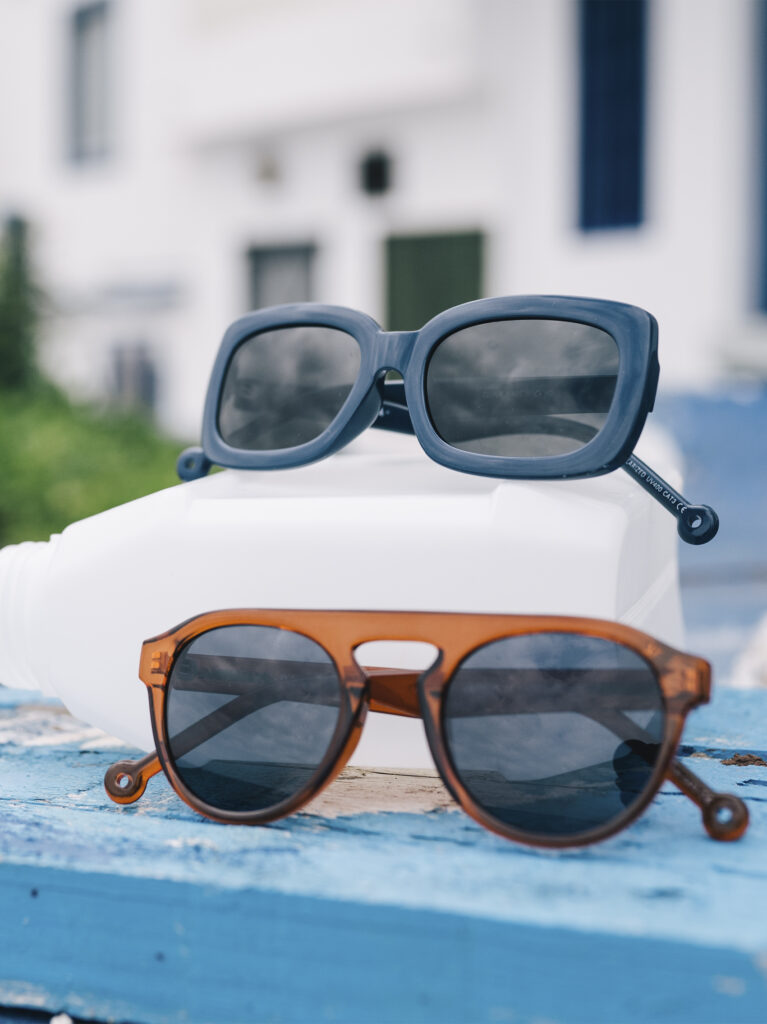Some key principles of eco-design include the selection of sustainable materials, i.e. using renewable, recycled or low environmental impact materials instead of non-renewable or toxic resources, or energy efficiency, which involves designing products and systems that require less energy during manufacture, use and disposal. This can be achieved by optimising energy efficiency, incorporating renewable energy sources and reducing energy demand.
In short, eco-design is a discipline that seeks to integrate environmental sustainability into the design process, with the aim of creating products, systems and services that have a positive impact on the environment, minimising resource consumption, waste generation and pollution.


